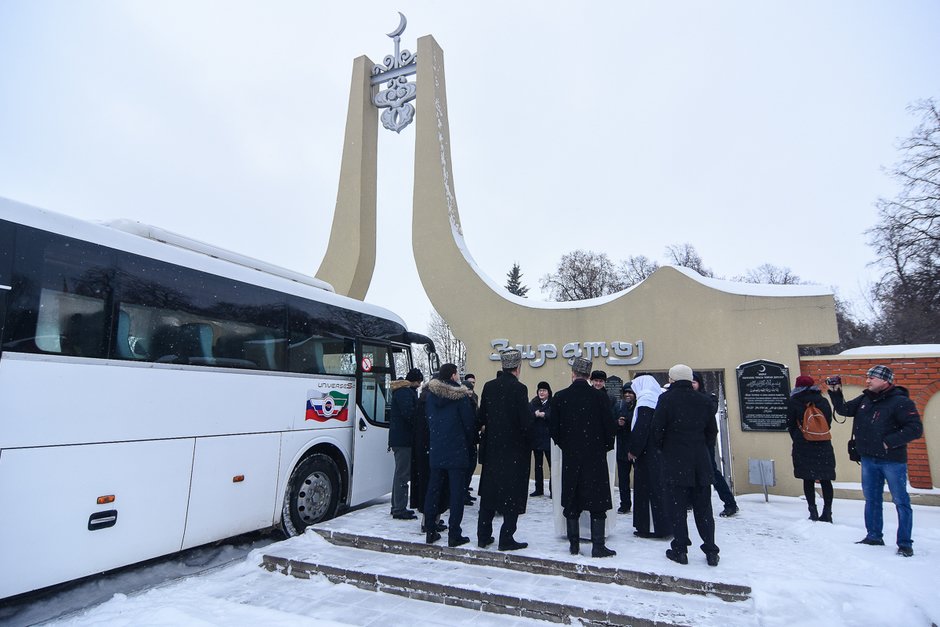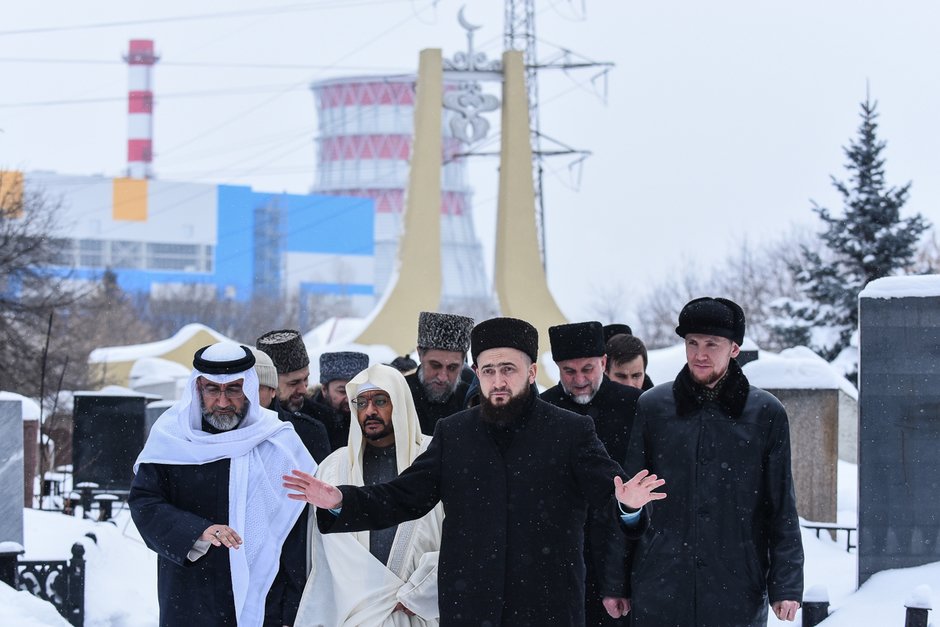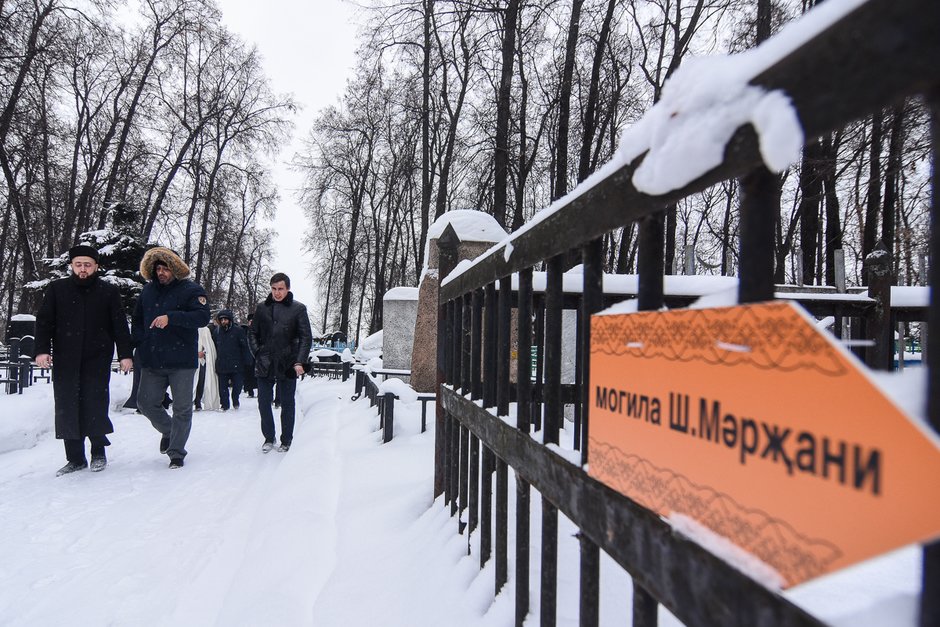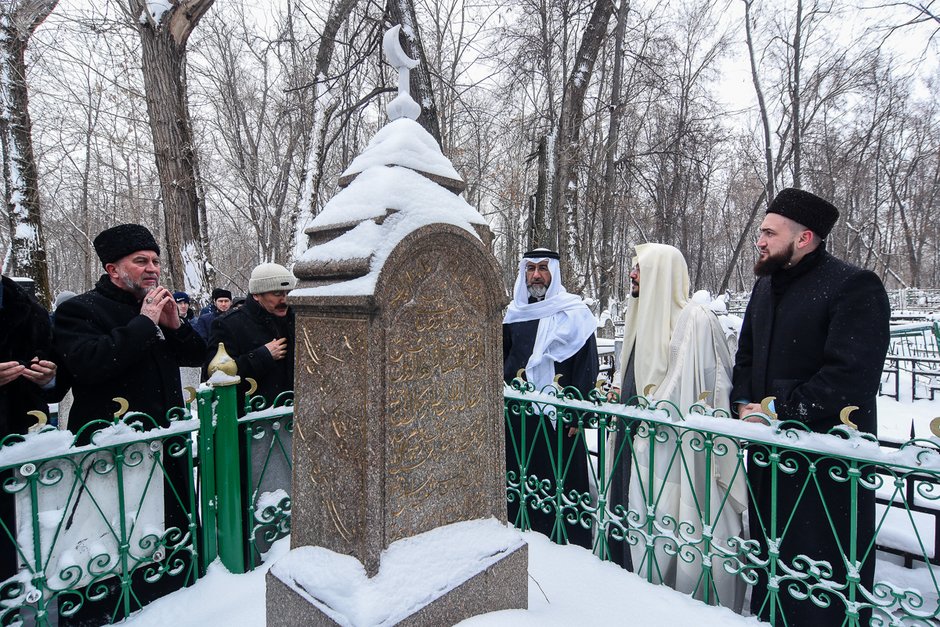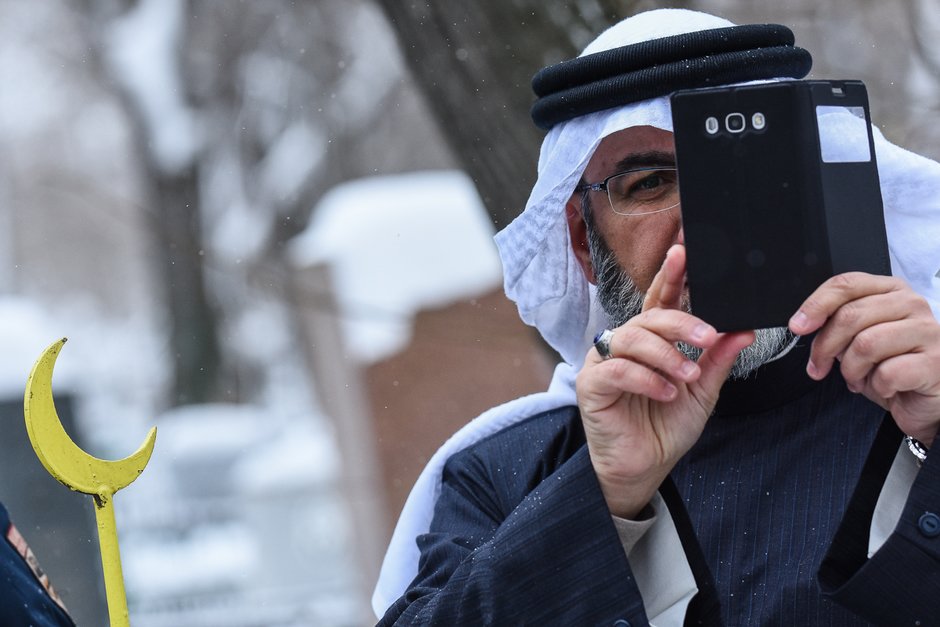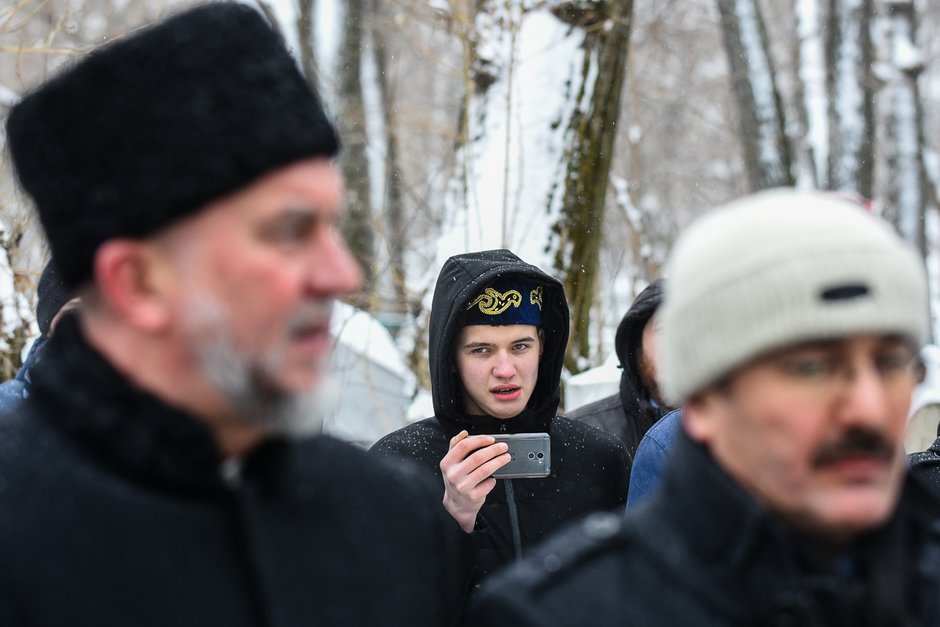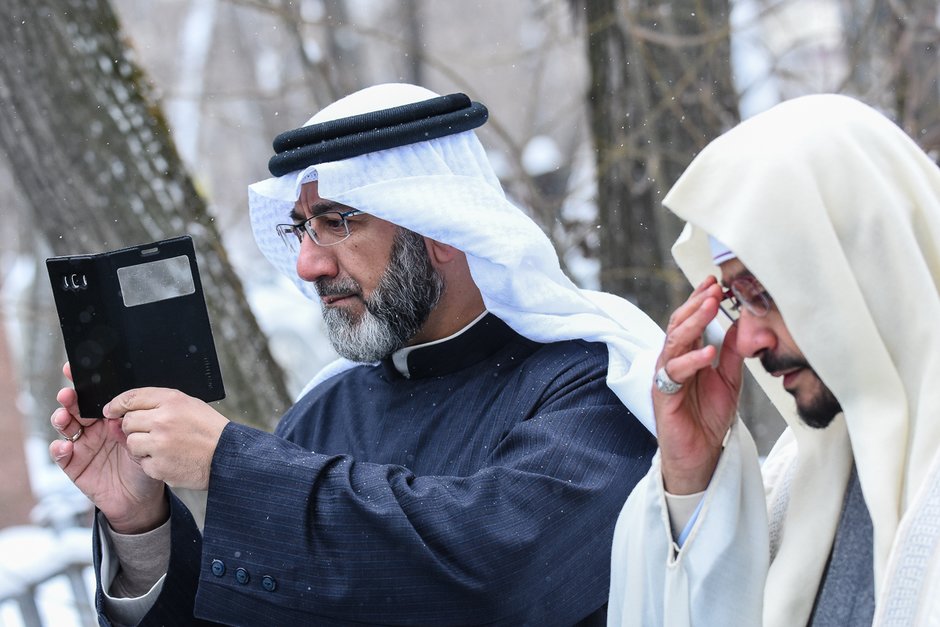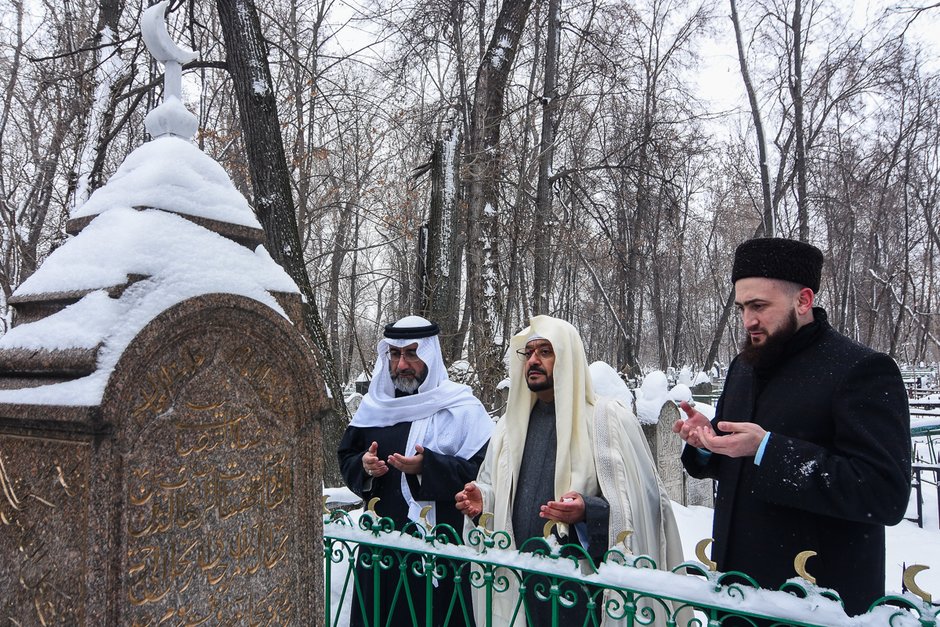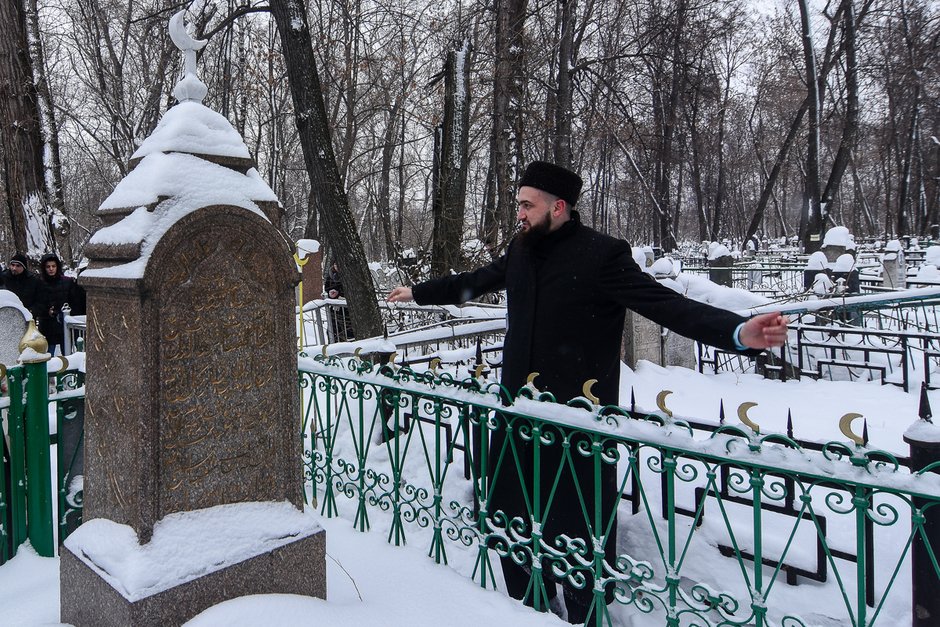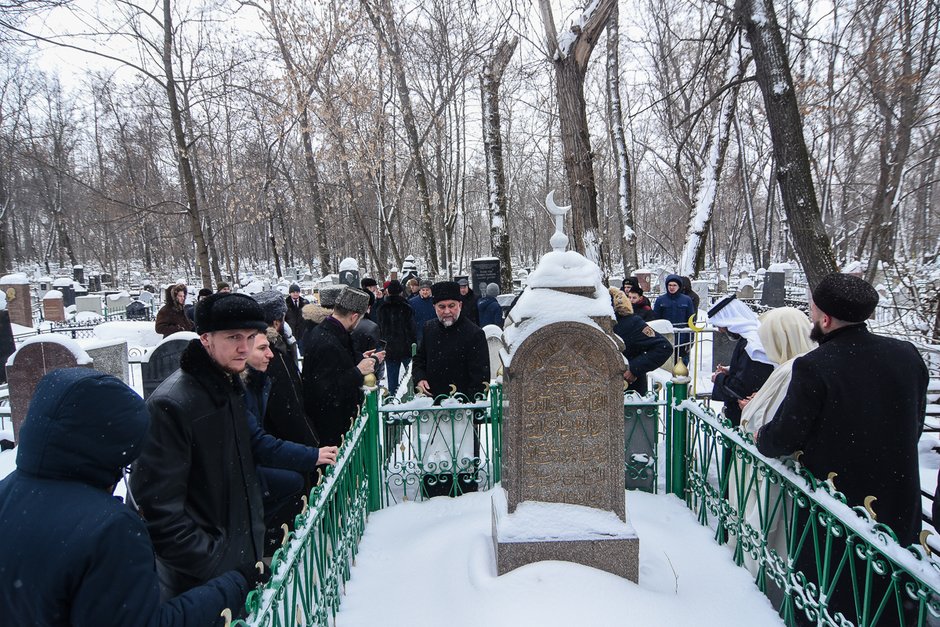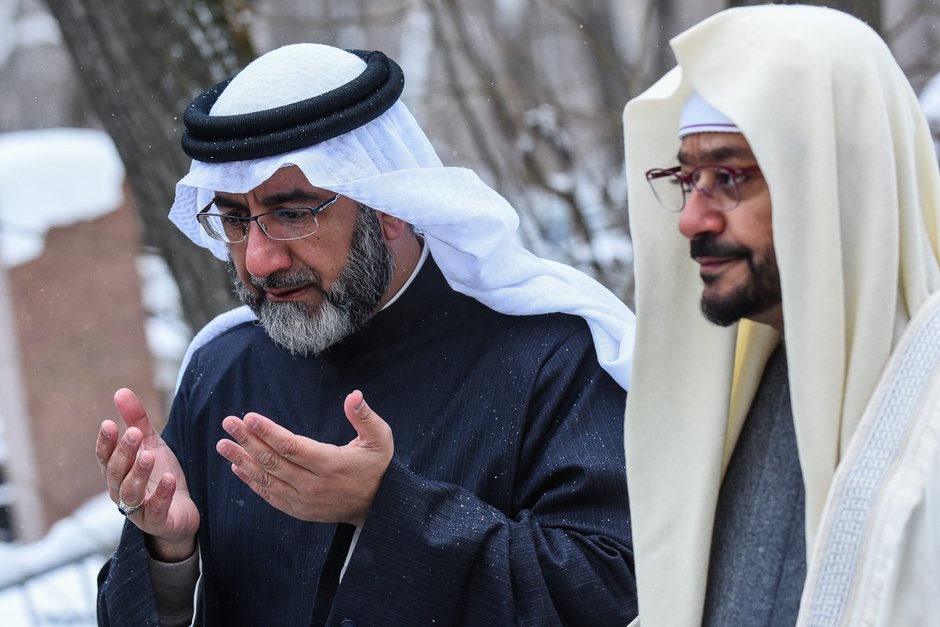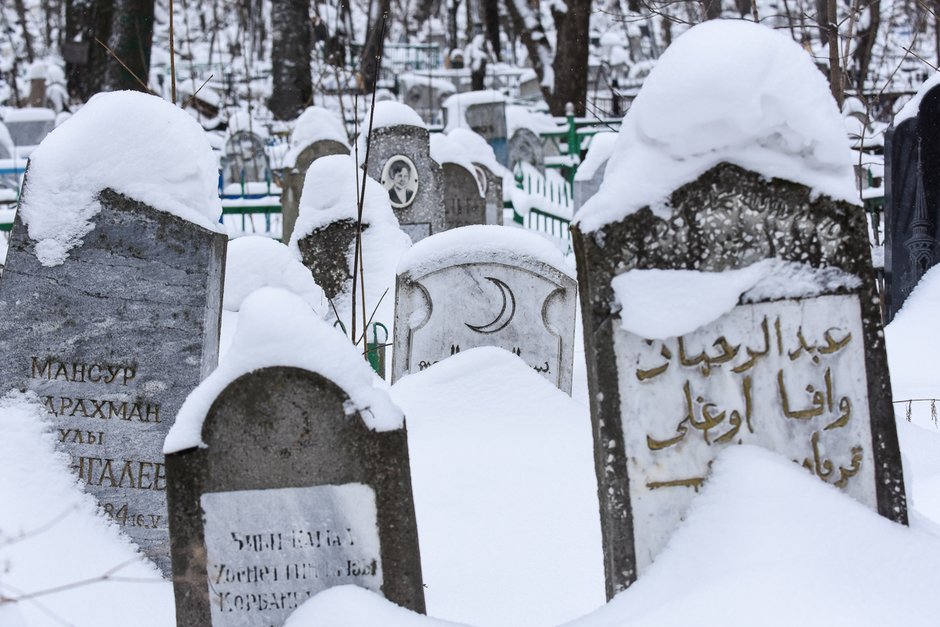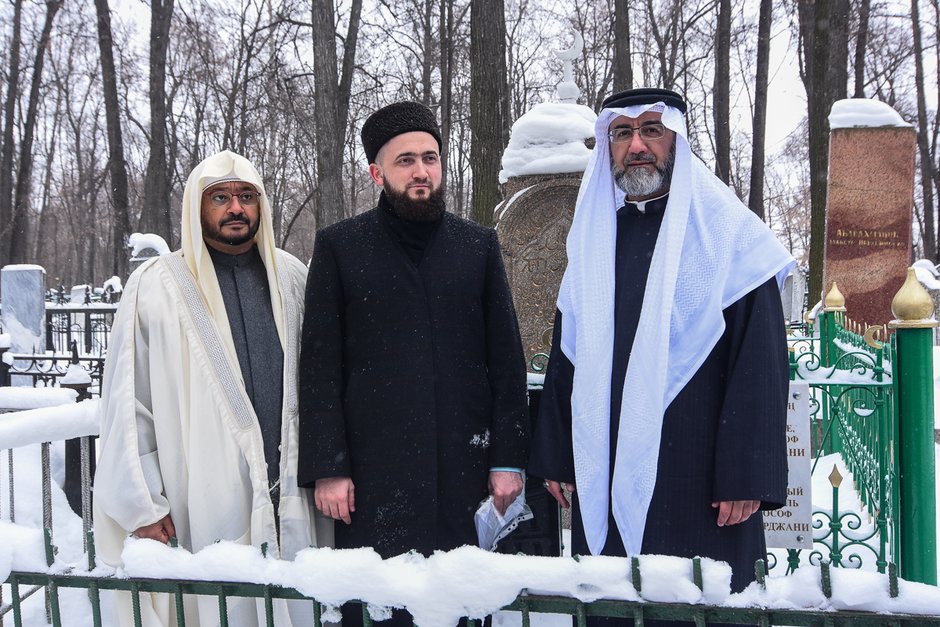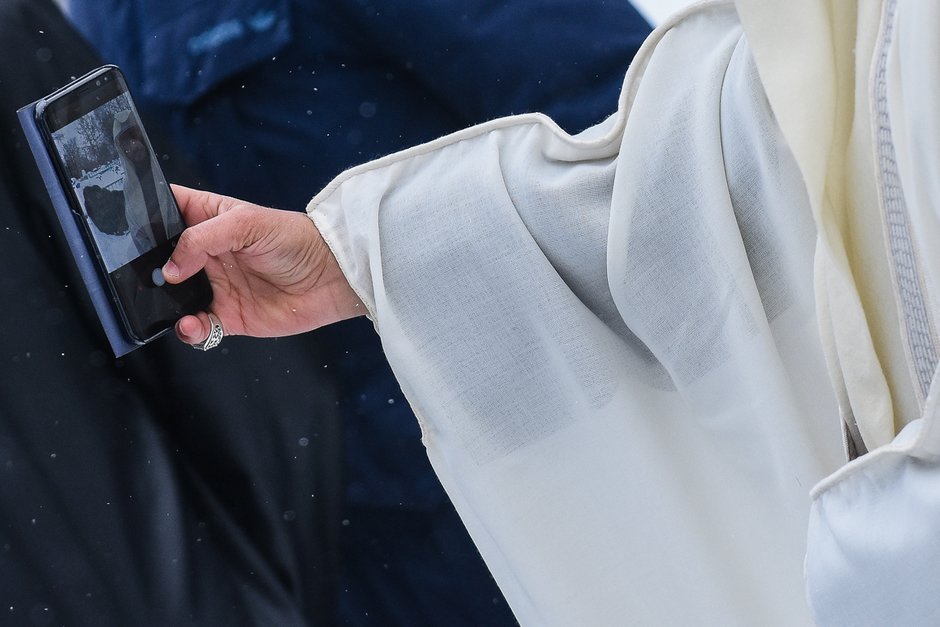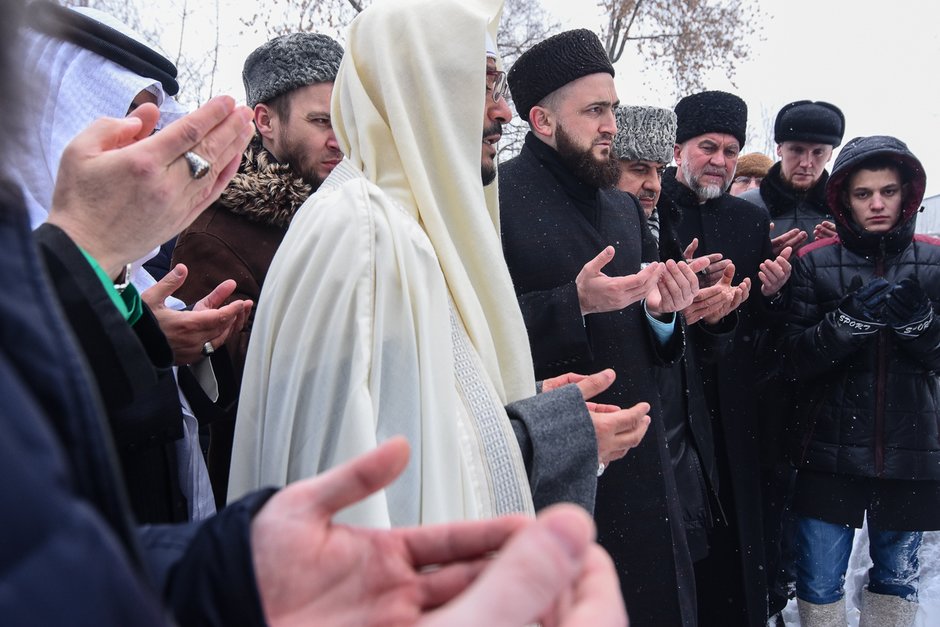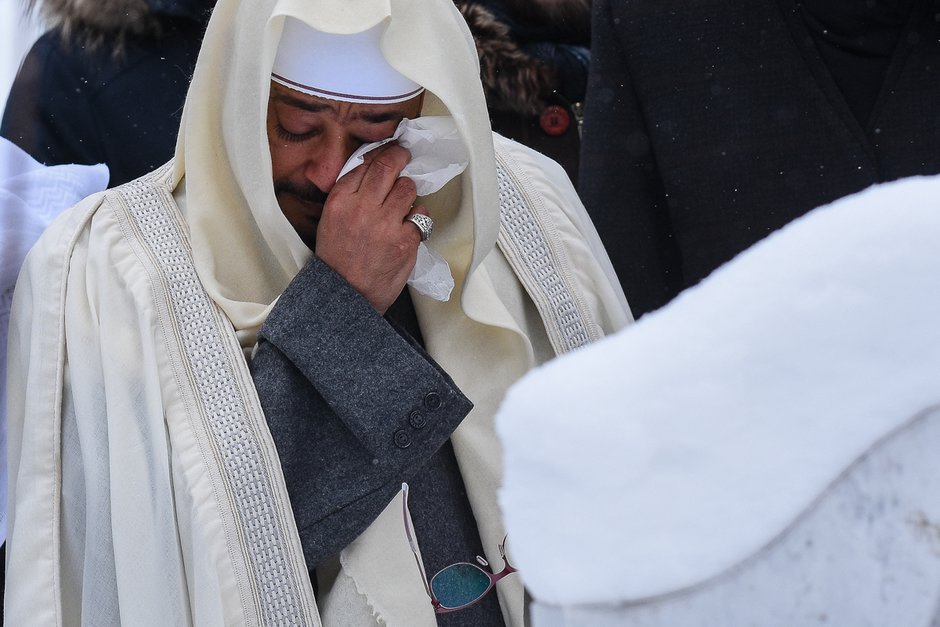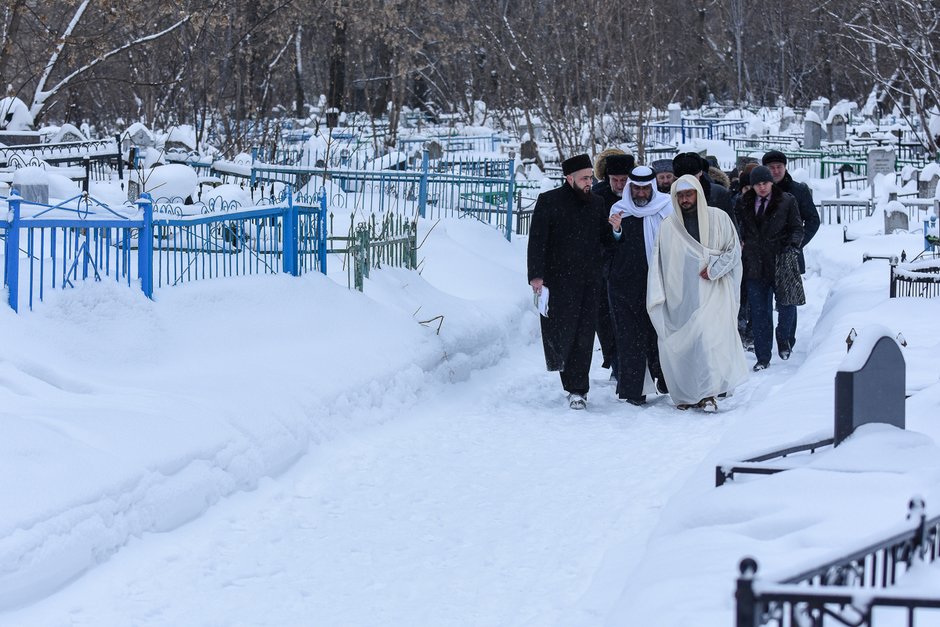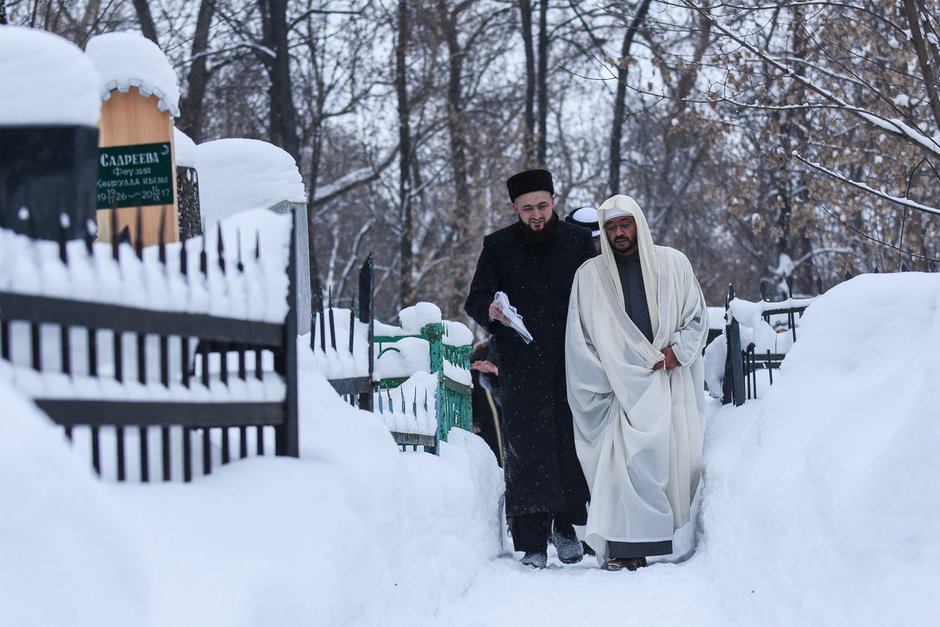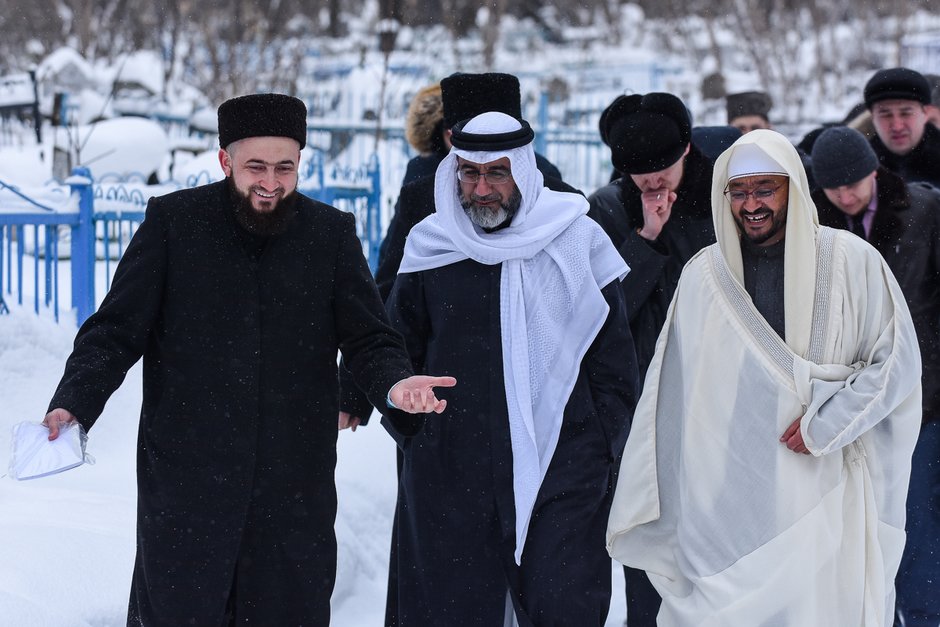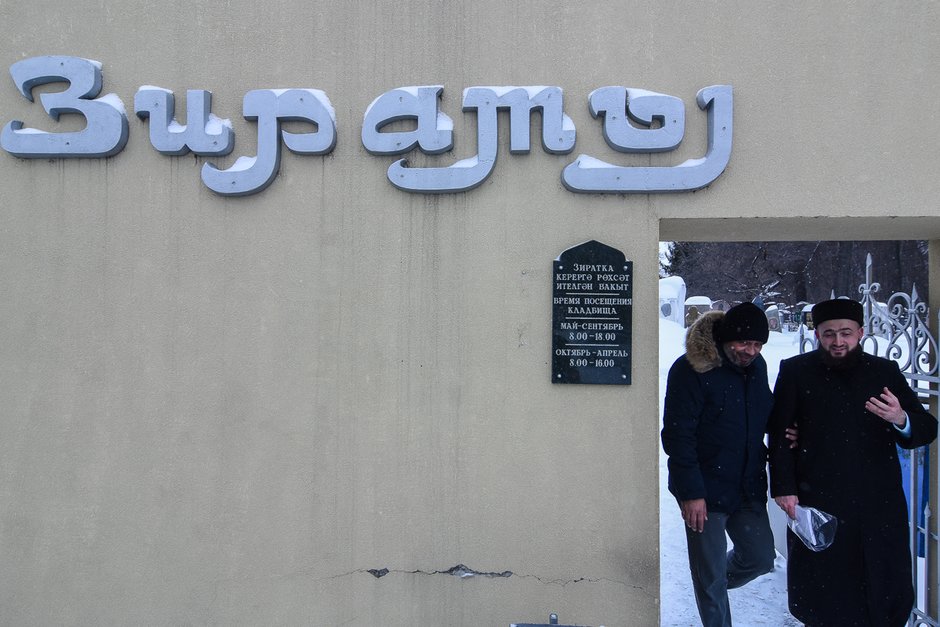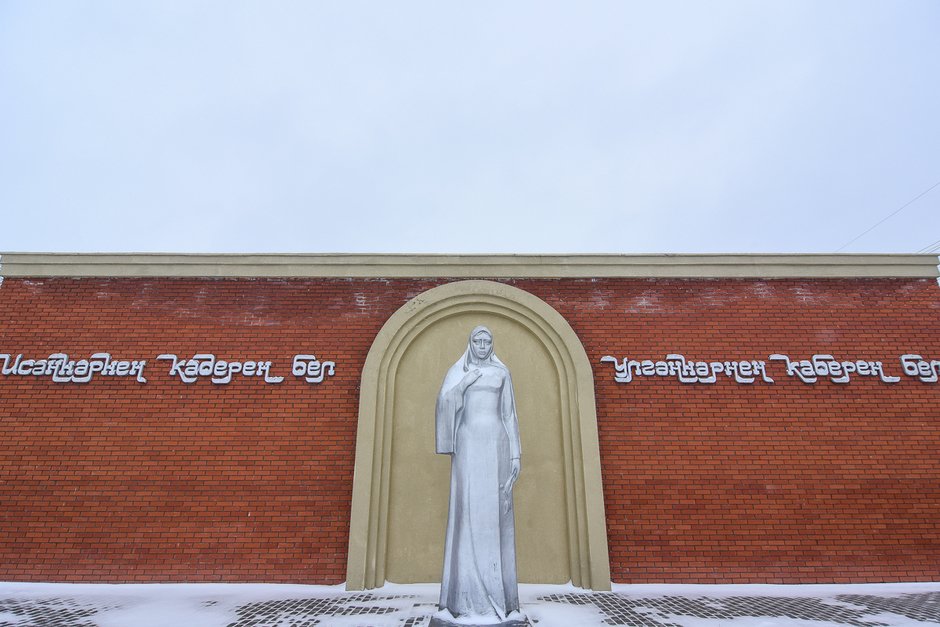''Mardzhani warned us about the loss of the language and the religion''
The 200th jubilee of the Tatar theologian was celebrated with an international conference in Kazan
A conference dedicated to Tatar Islamic educator Shigabutdin Mardzhani took place in Kazan on 19 February. Realnoe Vremya's reporter who visited the forum tried to find out how topical the ideas of the Tatar theologian were nowadays. He also heard the opinions of some guests about the discourse of so-called Quranists.
''Flying star of Islam''
The scientific conference ''Cultural and Religious Heritage of Russian Muslims: History and Modern Day'' dedicated to Shigabutdin Mardzhani's 200 th anniversary (1818—1889) took place in Kazan on 19 February. We need to remind that 2018 was announced the Year of Mardzhani by the Muslim Spiritual Directorate of the Republic of Tatarstan. And the muftiate will continue holding different events dedicated to the Tatar theologian. Its participants visited the educator's grave before the meeting.
''Mardzhani's word is topical even today,'' Tatarstan Mufti Kamil Samigullin emphasised in a talk with Realnoe Vremya's reporter. ''Mardzhani warned us about the loss of the language and the religion. We always need his books.''
During the briefing before the conference, the chairman of the Muslim Spiritual Directorate of the Republic of Tatarstan also remembered the recent tragedy in Kizlyar. He called the person who had committed the misdeed a devil.
''There are people who cover with a mask of Islam. It's followers of Satana, including the ISIS, which is banned in Russia, Wahhabis,'' Khazrat Kamil claimed and switched to another topic. ''We need to speak about scientists, about our books. If we study the endeavours of our theologians, we will need nothing.''
During his welcome speech, the mufti translated the name ''Shigabutdin'' into Russian, which means the ''meteor of religions'', and called the educator a ''flying star of Islam''. According to him, Mardzhani enlightened the life of Russian Muslims with his bright light. The classic based on the Hanafi and Maturidist aqidah (belief) by making a considerable contribution to the treasury of Islamic thought.
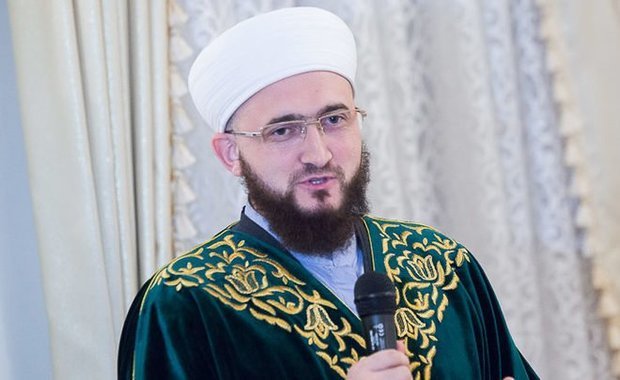
Popularity in the East
Rector of the Bolgarian Islamic Academy Rafik Mukhametshin noted that Mardzhani was quite famous in the Arab and Muslim world and his works were studied in the Near East. The scientist wrote more than 30 books during all his life, the majority of them was in Arabic. Now there is a need to translate them into the Russian and Tatar languages.
By the way, the foreign guests who arrived in Kazan also study the heritage of the Tatar educator: professor of the Department of Islamic Philosophy of the University of Ankara İbrahim Maraş, coordinator of the Department of Islamic Education of the Ministry of Education of Jordan Lu'ay Halil (who has been teaching at the Bolgarian Islamic Academy for a while) and chairman of the Supreme Court in Bahrain Sheikh Al Muraikhi. Very Sheikh Al Muraikhi confirmed the journalists that Mardzhani was quite popular in the Middle East and the citizen of Bahrain came to Kazan to tell about the trace of the Tatar scientist in the Islamic heritage.
''We started to translate the endeavours of Mardzhani into the Russian and Tatar languages,'' said Khazrat Rafik in answer to the question of our journalist. ''During the project, which we started in the Institute of History, Al-Hikmah Al-Baliga was printed in the Russian language. The book Mustafad al-Akhbar (which was written in the Tatar language) was partially printed in Russian and Tatar.''
Mukhametshin assured the theologian's new books in the two official languages of Tatarstan would come to light in 2018.
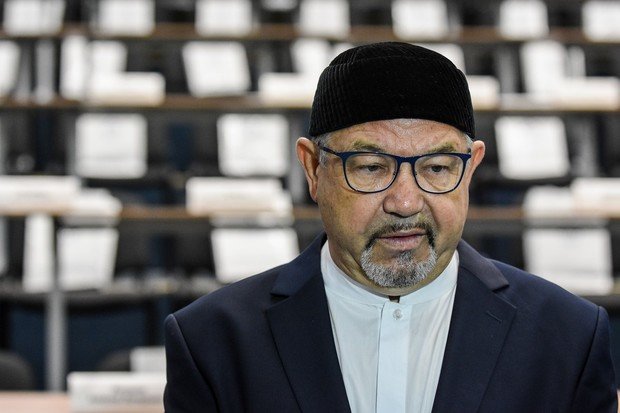
''They need to reach the level of the Quranists first''
Realnoe Vremya's reporter asked some guests of the forum how Mardzhani's thoughts corresponded to modern-day challenges of different philosophers and representatives of the intellectual Tatar elite. The correspondent was interested whether it was possible to argue with famous Quranists, who have recently concerned Russian religious activists, with the help of the Russian theologian.
''Mardzhani told about the importance of Sunna. Quran says we must obey Allah and His messenger. It's impossible to be a Muslim and study Islam without accepting Prophet Muhammad,'' replied Kamil Samigullin.
Director of the Holy Quran and Precious Sunna Research Centre of Tatarstan Farid Salman called Mardzhani a contradictory figure in an interview with our reporter. In his opinion, Khazrat Shigabutdin wasn't a restorer but an encourager of Islam. Both the Kadimists and Jadids can be brought together with his example.
''The situation with different sects was better then (Editor's Note: late 19 th century). There was a surge of Abd al-Wahhab's teaching (Wahhabism). But the problem wasn't so topical. Intellectual forces of the Islamic world were stronger than now, and all ignorance was in Najd sands (Editor's Note: Najd is a territory on the Arabian Peninsula). All contradictions of the Islamic world affected the Tatar world as well,'' he commented.
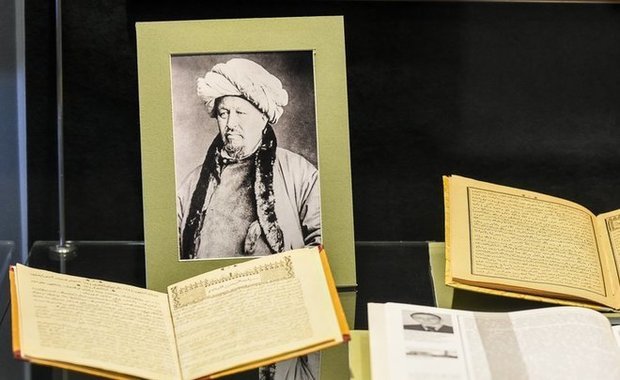
As for Quranism, Khazrat Farid says this phenomenon has always existed. A person can't evaluate Quran completely. Sunna comes in handy for the Muslims to understand the holy writing (acts and words of Prophet Muhammad in different events).
Salman refused to include Rustam Batrov and Arslan Sadriyev, whom several Russian imams and social activists accused of sectarianism, to the Quranists.
''The intellectual capabilities of our activists are much lower than that of the Quranists,'' the interlocutor of our online newspaper made a witty remark. ''I read their publications – their thoughts were known in the Islamic world a long time ago, somebody is just expressing them. Such attempts to understand Quran aren't new. I neither accuse nor justify (Editor's Note: Batrov and Sadriyev). They need to reach the level of the Quranists first.''
The questions raised by the two khazrats need to be discussed by specialists only, thinks Farid Salman. One doesn't need to sow the seeds of doubt among the ''laymen'' and worsen this discussion.
